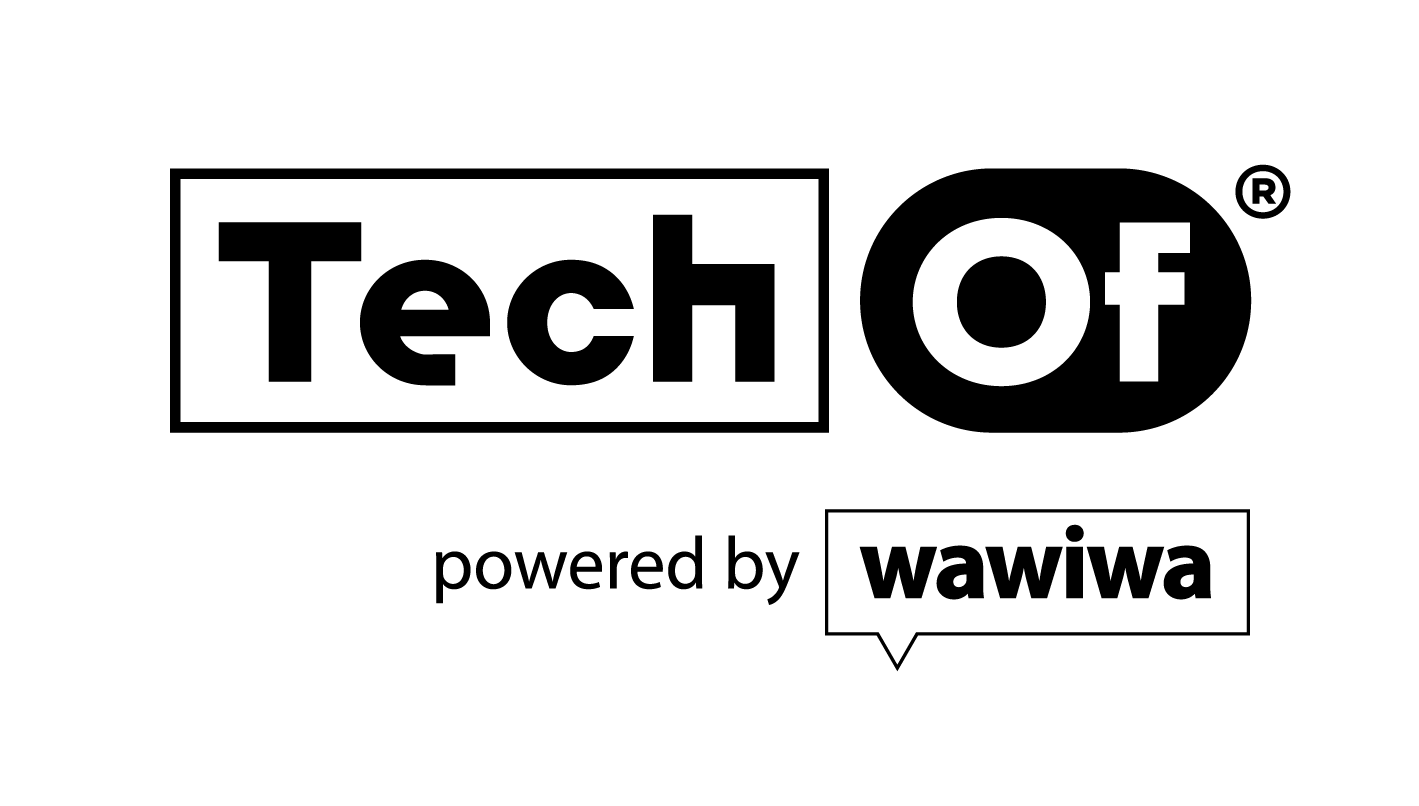Data Is Eating the World and Data Scientists are the Chefs

- October 29, 2020
In the digital kingdom, where web and mobile applications help us manage nearly every aspect of our lives, data is king. Every digital action is visible and traceable, enabling corporations to accumulate and analyse vast amounts of both personal and business data. The use of ‘Big Data’ is driving disruption in every field — from vehicle navigation, through medicine, to cybersecurity.
Over the last few years, new professions like Data Analysts and Data Scientists have appeared on the market. Their job is to make sense and create value from the ever-increasing amounts of data that has become available.
“Data scientists are all employed, because they’re so much in demand.”
The problem is, there simply aren’t enough qualified Data Analysts and Data Scientists to go around. According to research from IBM, in 2020 the number of vacant data science positions in the U.S. alone will grow by 364,000 to 2,720,000. At last year’s Wharton-sponsored conference addressing the Data Skills Gap, LinkedIn co-founder Allen Blue said, “there are very few data scientists passing out their resumes. Data scientists are almost all already employed because they’re so much in demand.”
Commoditizing Data Science
Recent advancements in programming languages like Python may help close the data science skills gap. The development of free, open-source, community-driven libraries is making it easier for individuals with some programming background, but not necessarily with academic degrees, to become professional data scientists.
According to Liran Ben Haim, a renowned data science expert and the head of Wawiwa Tech Training’s Data Scientist Program: “Cloud computing and consumer mobile tech are driving demand for data professionals through the roof. Python libraries significantly reduce the cost, effort and know-how required to develop new data-powered services. Nowadays, motivated individuals with an analytical mind and some experience in programming can become data professionals within a few months, if given proper training.”
What Does a Data Scientist Do?
Data scientists analyze and model data to find actionable insights. These insights are used to deliver relevant products, to personalize customer experiences, to mitigate risk and fraud, and for other business purposes.
Day to day tasks focus on gathering data from a variety of sources according to predefined data sets and variables. Collected data is then cleaned up and validated for accuracy and uniformity. Once the data has been structured, data professionals apply algorithms and model the data, AKA “data mining”. They contemplate the results, looking for anomalies and identifying trends to discover solutions and opportunities.
The results of data mining efforts are changing the way we look at the world, finding clarity and causation where outcomes were once foggy. Data mining and predictive analytics are upending everything from medicine and manufacturing, to marketing, HR and education. The future of products and services all around us is being driven by data and the data professionals who know how to wield it.
The Road to a Career in Data Science
A TechOf School in collaboration with WAWIWA’s JET Methodology, train these highly focused programs train individuals — either with or without previous tech experience — and prepare them for careers in tech jobs that are in high-demand.
A TechOf trains individuals for the Data Analyst job role — the entry-level position in the data science career path — over the course of a 250-hour, 6-month program. The program provides graduates with the multidisciplinary knowledge and skills that are needed to be “job-ready”: acquire data, build prediction models, and deploy a data application on the cloud.
As opposed to other tech training programs, which target individuals with no tech experience, not everybody can apply to the Data Scientist program. To be successful, candidates must have some prior experience in programming. A 70-hour introductory program is available for those candidates who want to participate in the Data Scientist program but don’t have any programming experience. Otherwise, all candidates take TechOf’s computerized assessment to ensure that they have the right personality, as well as the basic math and logic skills, to complete the programs and be successful in their future jobs.
The training program is divided into distinct modules covering subjects like Python programming, data analysis, machine learning, cloud tools, deep learning, and other advanced topics such as neural networks and Natural Language Processing (NLP). The program also makes heavy use of labs which provide hands-on experience in dealing with data.
Practical skills are acquired through the completion of projects and exercises that integrate the skills taught by the program. The culmination of the program is a final “Bring It Together (BIT) Project,” in which students build a flight routing system. To complete it, students build a scraper to collect data from websites, develop and test a prediction model showing optimal routing options, and then deploy the application on the cloud using databases and other tools. In the final phase of the project, students build a web application to display the results of the prediction model.
In less than six months, you can launch your very own local Data Science program!
Demand for data scientists is rising faster than universities can supply new graduates to the market. Luckily, university degrees are no longer needed to become a professional data scientist.
A TechOf Programs are aligned to the local industry and ecosystem, and tailored to the local language and local approaches to education. Wawiwa train the TechOf’s instructors and provides the most up-to-date content and tools.
Get in touch today to learn how you can help your ecosystem re-skill to tech and be a viable source for data professionals!

